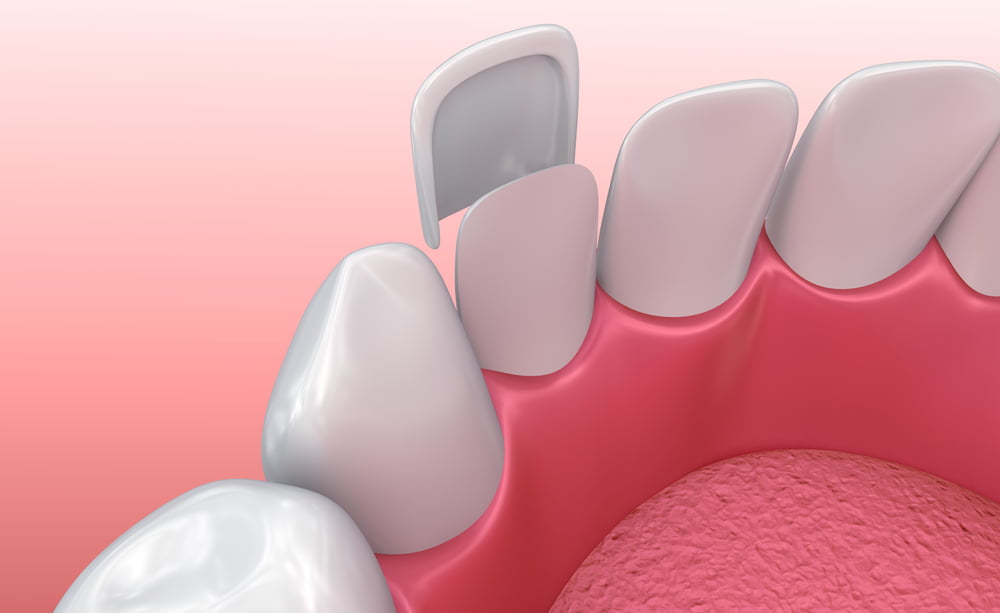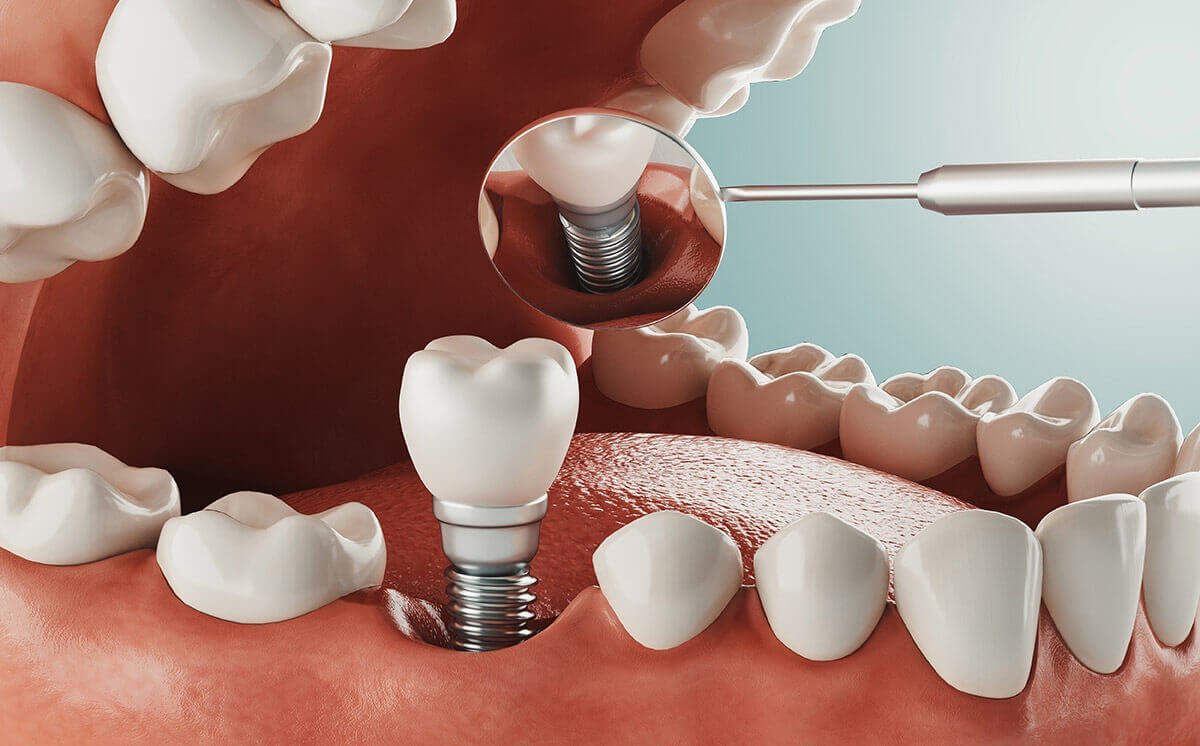What Are All-on-4 Dental Implants and how do they work?
Using just four carefully positioned dental implants, a whole arch of lost teeth may be restored using All-On-4 implants, a new dental option. This innovative approach restores both function and appearance by offering a stable and long-lasting base for a set of personalized teeth. Patients can have a grin that looks natural and gain their confidence in eating, speaking, and living their life with All-On-4 implants.
What Are the Advantages of Choosing All-on-4 Dental Implants Over Traditional Dentures?
Unlike regular dentures, All-On-4 dental implants have replacement teeth that are cemented to the jaw permanently. Conventional dentures have drawbacks even though they might be a practical solution to replace lost teeth in certain cases.
When replacing teeth, permanent implants have a number of important benefits over regular dentures. These advantages include:
No uncomfortable areas, rubbing, or discomfort: Unlike dentures, replacement teeth with All-On-4 do not sit on top of the gums. This eliminates the possibility of infection, uncomfortable rubbing, and gum irritation—all of which are frequent problems for those who wear dentures.
Improved speech: The All-On-4 treatment option’s innovative design mimics the natural shapes of the mouth, improving your speaking ability and facilitating easier interaction with others.
Eating: You can choose dental implant options while eating any food. Because the roof of the oral cavity is not covered, as it would be with upper dentures, you may also eat and enjoy all the flavors.
Confidence: Only a great, steady smile can give you the kind of restored self-confidence that All-On-4 can provide.
Face profile: Because your lips and cheekbones are completely supported by your new teeth, the customized full-arch appliance that fits over All-On-4 dental implants feels and looks natural and helps keep your face full.
How Does the All-on-4 Dental Implants Treatment Process Work?
Four titanium implants are used in the All-On-4 procedure, which was developed by Nobel Biocare. There are two straight front implants and two tilted back implants. In order to overcome bone inadequacies and make better use of available bone density for supporting the bridge, the posterior implants are positioned at a 45-degree angle. As new bone grows, it adheres to the titanium implants, strengthening and stabilizing them even more. You’ll enjoy reduced treatment time, fewer painful procedures, and lower total expenses.
what are the Complications and Risks with All-On-4 Dental Implants?
Implant Failure
Although the hazards associated with all-on-4 dental implants are extremely minimal, they can still happen. We refer to this as “implant failure” when an average of 5% of implants fail to fuse to the bone. Although unlikely, it is not impossible. A cause of inconvenience for both the patient and the dentist is that it is sometimes difficult to determine why an implant failed.
Fortunately, there is still a considerable possibility that a fresh implant will integrate through the bone when it is implanted again, and this is usually the case.
Infection
With dental implants, the risk of infection is minimal. There are two possible causes of infection: either one of the “patient factors” mentioned below, or something that became infected during your implant surgery.
If caught early, this is typically not an issue. To aid in the healing process, your dentist may recommend a specific mouth rinse in addition to a regular oral hygiene regimen. On the other hand, if left on its own, it can grow quite aggressive and could cause the implants to fall out.
How to prevent this?
After surgery, follow to the doctor’s instructions. Maintain good dental hygiene to ensure that your teeth and implants are kept clean. A specific implant floss is an excellent devices that you may use to help maintain your implants clean; your dentist should discuss them with you and may even include them in the process. Don’t forget to continue with your scheduled 6-month examinations.
Recovery and Aftercare for All-On-4 Dental Implants
It’s common to have some swelling and discomfort for a few days following the procedure. To treat pain and avoid infection, your dentist may recommend antibiotics or painkillers.
It’s critical to properly follow your dentist’s post-operative care recommendations. This might consist of:
- Eating soft meals in the initial days following the operation
- Using saltwater to rinse your mouth can help with healing
- Avoiding drinking and smoking
- Maintaining hygiene around the implants to avoid infection
- After the treatment, the majority of patients are able to return to their
- regular activities in a few days, however it’s crucial to avoid intense exercise and physical activity for some time afterwards.




